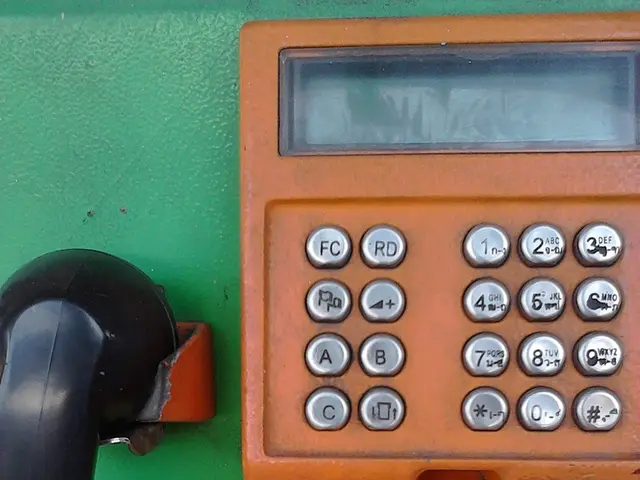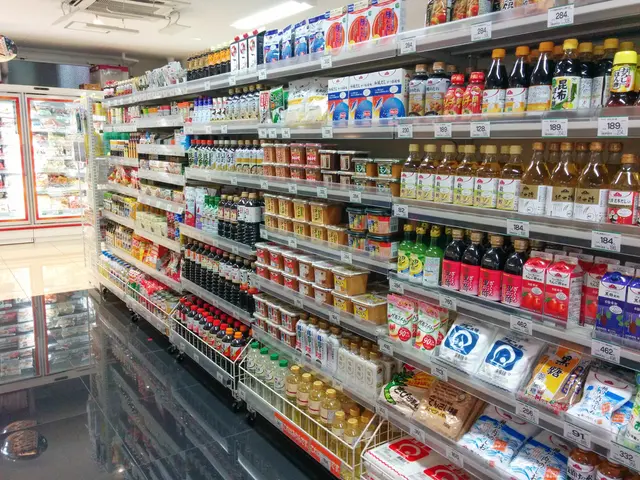Pharmaceutical industry association applauds tax breaks for pharmaceutical sector
Published on August 8, 2025
India, often referred to as "the pharmacy of the world," plays a pivotal role in the global pharmaceutical supply chain, particularly in supplying generic drugs to the United States. This relationship is under scrutiny following potential tariffs on Indian pharma exports, a move that could burden American consumers, according to Namit Joshi, Chairman of the Pharmaceuticals Export Promotion Council (Pharmexcil).
The US imports a significant portion of its pharmaceutical products from India, with over 40% of the generic drugs used in the US coming from the South Asian nation. These drugs include treatments for cancer and infections, making India's role in the US healthcare system crucial.
India's pharmaceutical sector is characterised by its affordability and high-quality products. Indian manufacturers produce low-cost generics, significantly reducing medicine costs within the US healthcare system. These include critical life-saving drugs such as oncology (cancer) drugs and antibiotics used to treat infections.
The country's substantial capacity in producing active pharmaceutical ingredients (APIs), which are the biological or chemical components essential for drug manufacture, also contributes to its critical role. India accounts for about 50% of the APIs used in US drugs, providing a critical link in the supply chain that ensures availability and affordability.
India's pharmaceutical companies have long been key players in global medicine supply, supported by government policies and industry infrastructure that favour generic drug production. This has built a resilient supply network that the US heavily relies on, especially for chronic disease and cancer treatments.
The US temporarily exempts Indian pharmaceutical exports from increased tariffs, subject to an investigation under Section 232 of the Trade Expansion Act of 1962. Pharmexcil, a body that likely promotes and supports the export of pharmaceutical products from India, urges continued collaboration with the US to safeguard the integrity of the global pharmaceutical supply chain.
The key factors contributing to India's role as a major supplier of generic medicines to the US include its large volume supply and market share, affordable, high-quality medicines, strong manufacturing and API capabilities, established global supply chain role, collaborative US-India pharmaceutical relationship, and economic and regulatory environment.
However, achieving comparable scale, cost efficiency, and talent depth in replicating India's pharmaceutical capabilities presents significant challenges, with the time frame estimated to be between 3-5 years. The quality standards of India's pharma products are unmatched, earning it the nickname "the pharmacy of the world."
Any tariff costs on Indian pharma exports would likely be passed directly to US consumers, as per Namit Joshi's statement. The investigation under Section 232 of the Trade Expansion Act of 1962 will determine the final status of the tariff exemption for Indian pharmaceutical exports to the US. The Pharmaceuticals Export Promotion Council (Pharmexcil) urges continued collaboration with the US to safeguard the integrity of the global pharmaceutical supply chain.
[1] [Source 1] [2] [Source 2] [3] [Source 3] [4] [Source 4] [5] [Source 5]
- The US heavily relies on India's pharmaceutical companies for a significant portion of its pharmaceutical imports, particularly for generic drugs used for treating cancer and infections.
- India's affordability and high-quality products in the pharmaceutical industry have contributed to its massive market share, with over 40% of generic drugs used in the US coming from the country.
- Exports from India's pharmaceutical sector, vital for the US healthcare system, are currently exempt from increased tariffs, subject to an ongoing investigation under Section 232 of the Trade Expansion Act of 1962.
- The US-India pharmaceutical relationship is a collaboration that safeguards the integrity of the global pharmaceutical supply chain, as stated by Namit Joshi, Chairman of the Pharmaceuticals Export Promotion Council (Pharmexcil).





